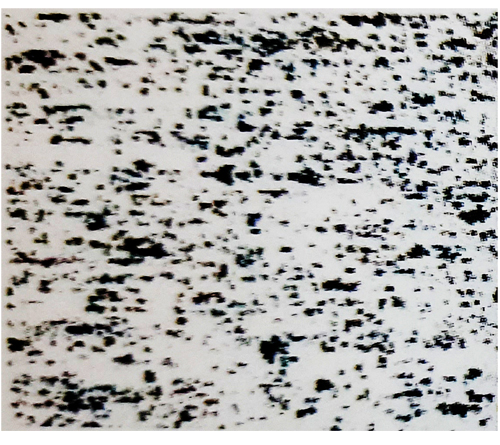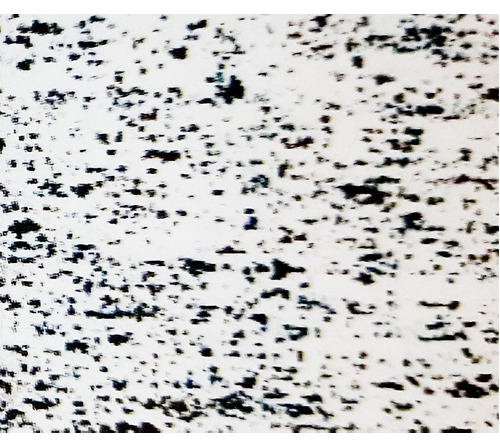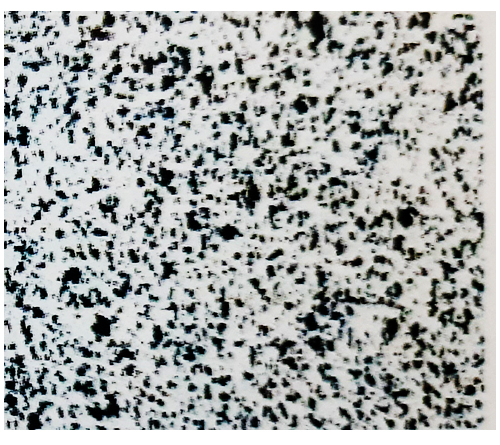Trimetal Contact consist of soft, high-conductivity, oxidation-resistant materials used as the makeup of electrical components. They are the materials in a system through which an electrical current flows; such as:
- Circuit breakers
- Relays,
- Switches,
- EDM applications
- earth leakage breakers
Trimetal Contact rivets comes in a variety of sizes. You can find options both small to extremely large, depending on your voltage requirements and usage.
Trimetal Contact are typically made from any metal with high electrical conductivity. However, in applications such as high-power equipment where mechanical wear is expected, a conductive metal may be used.
Common electrical contact materials include:
- Silver
- Copper
- Gold
- Platinum
- Palladium
- Brass
Trimetal Contact Material Properties
When choosing the best Trimetal Contact for your application, it is important to keep in mind the six most important properties:
- Conductivity
- Corrosion Resistance
- Hardness
- Current Load
- Cycle Life
- Size
Hardness
This measures how resistant materials are to various kinds of permanent deformations from an applied force. It is dependant on five factors:
- Ductility
- Elasticity
- Plasticity
- Tensile Strength
- Toughness


